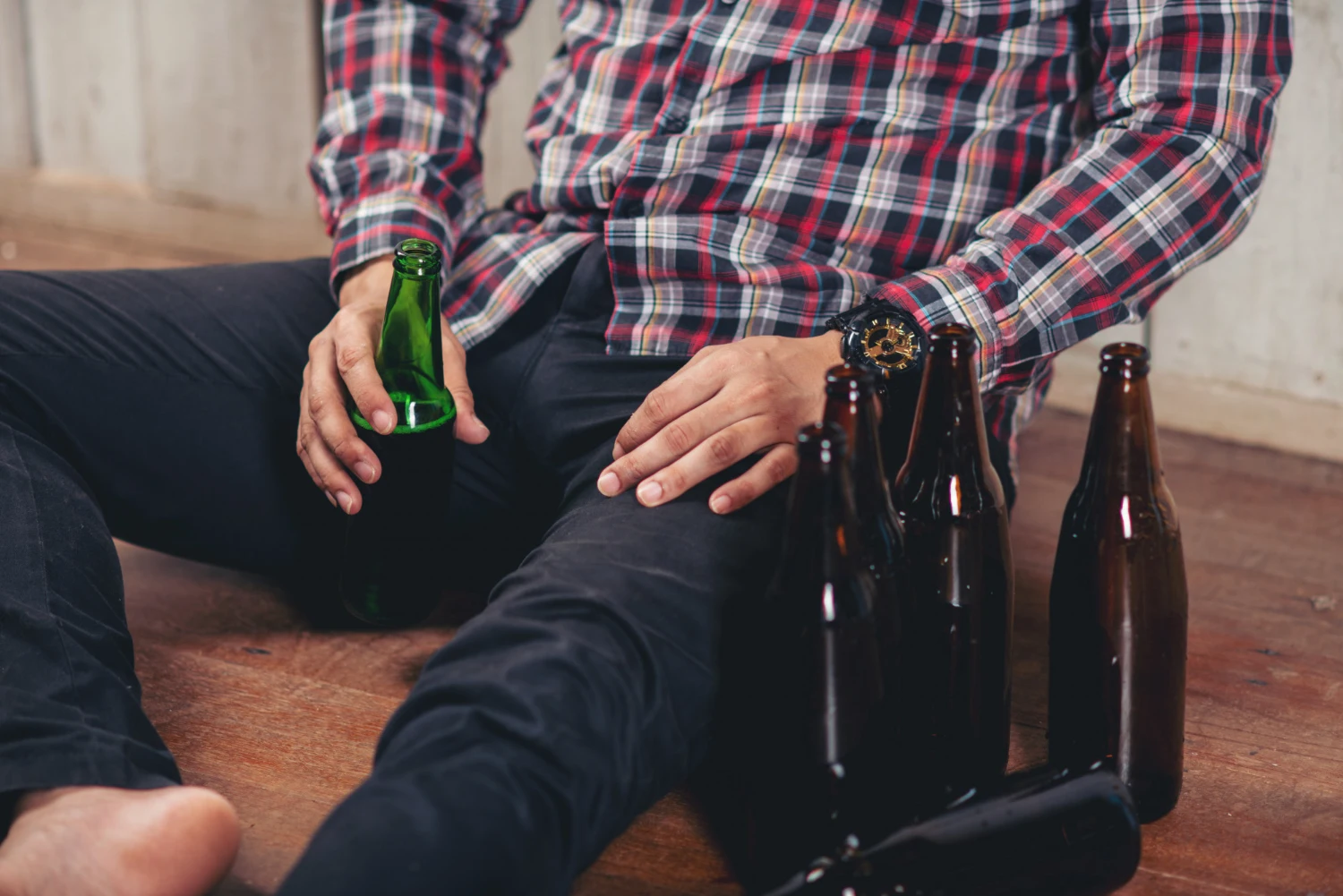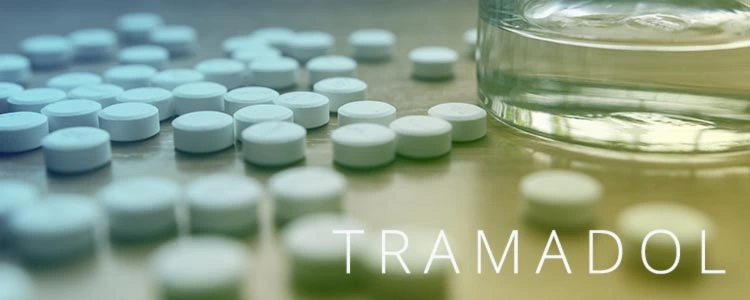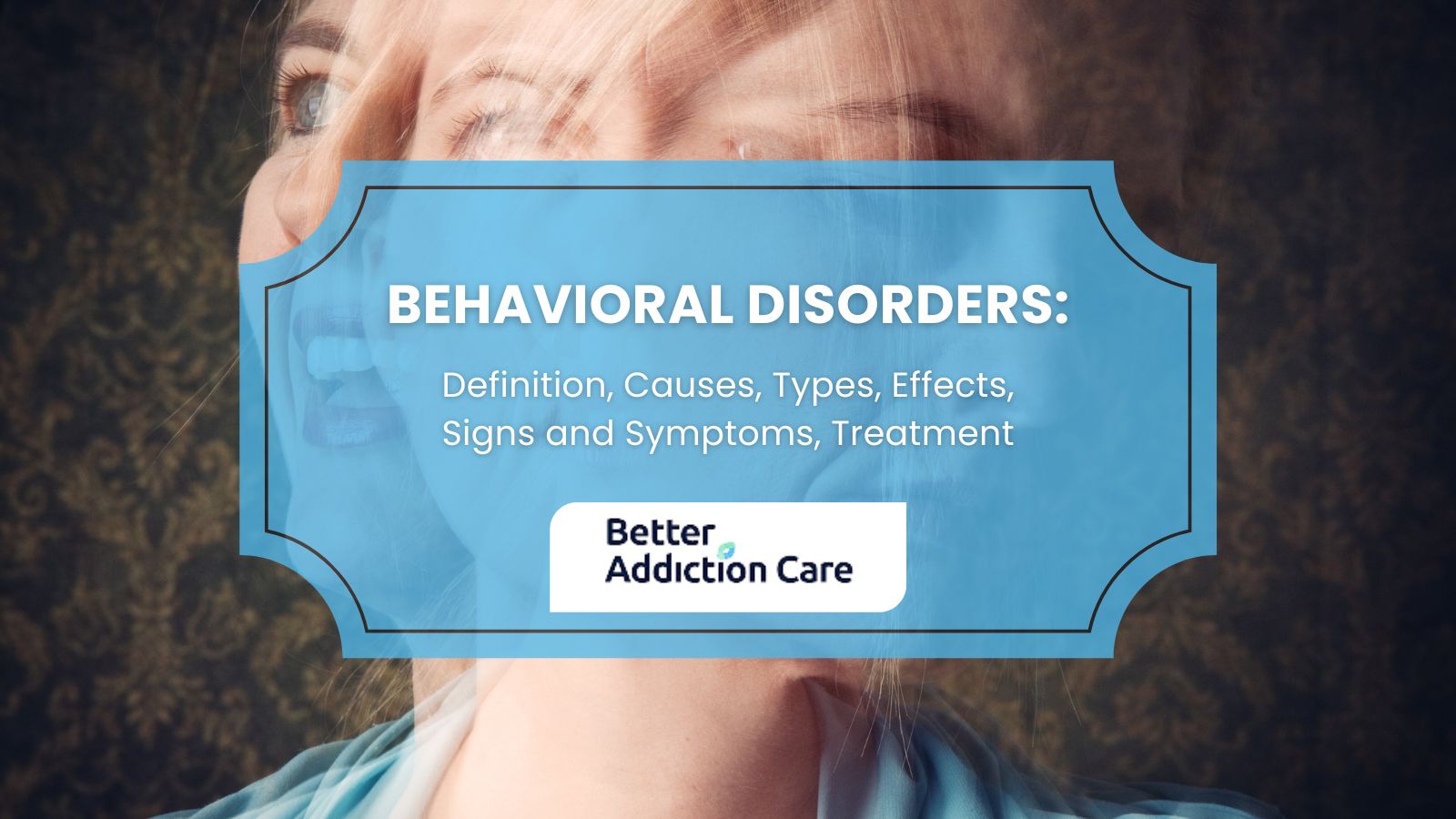44 Best Alcohol and Drug Rehabs in Seattle, WA 2025
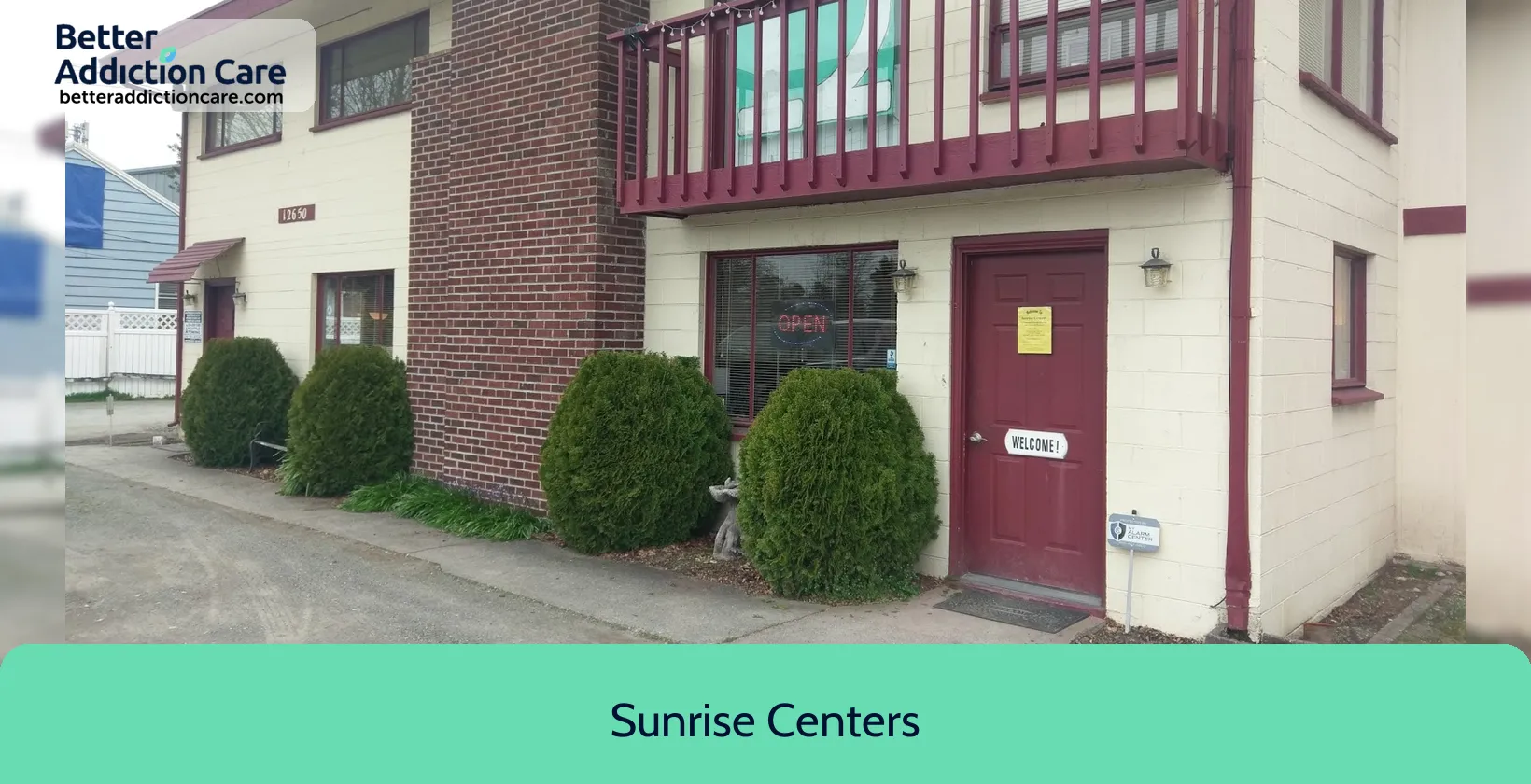
7.03
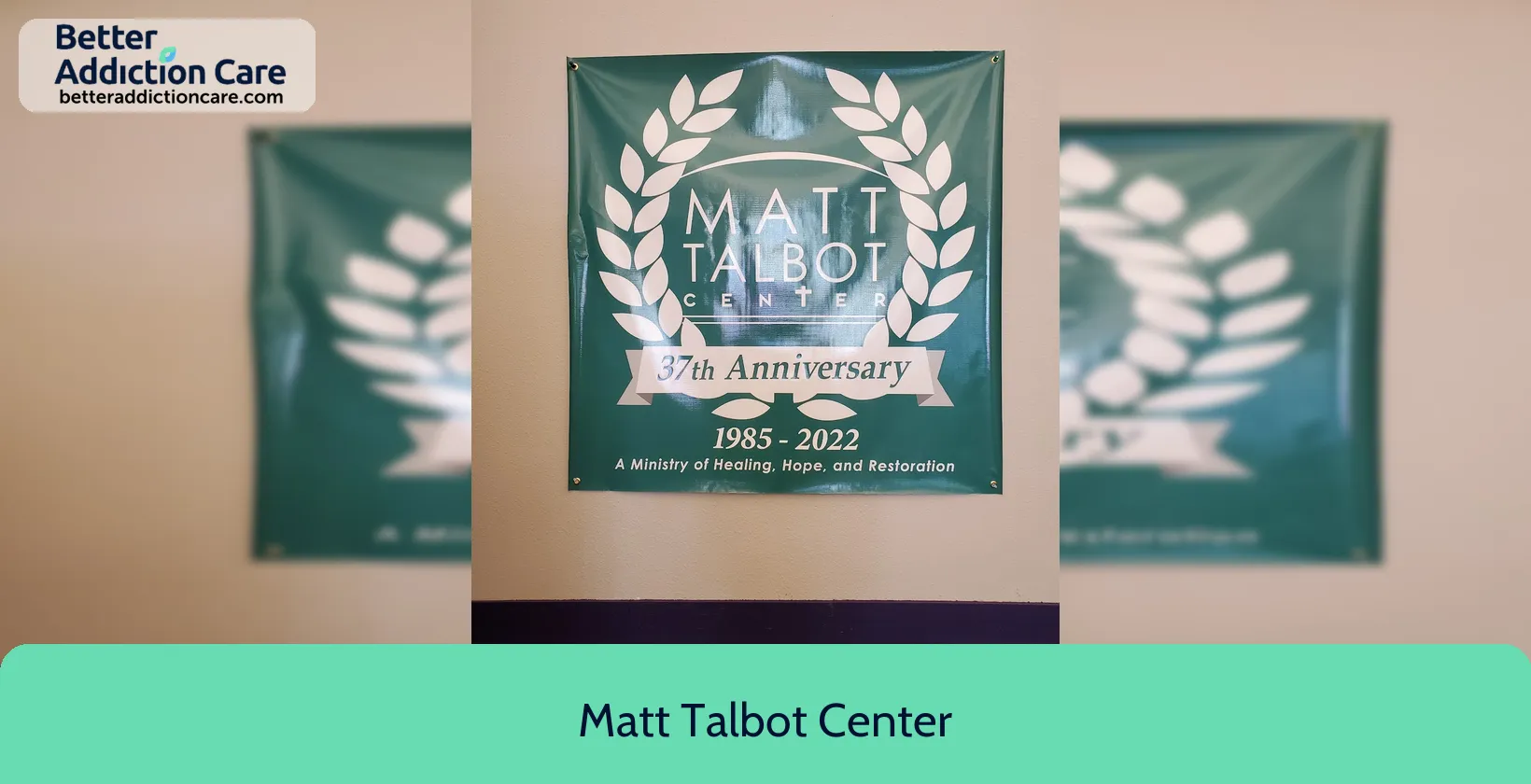
6.77
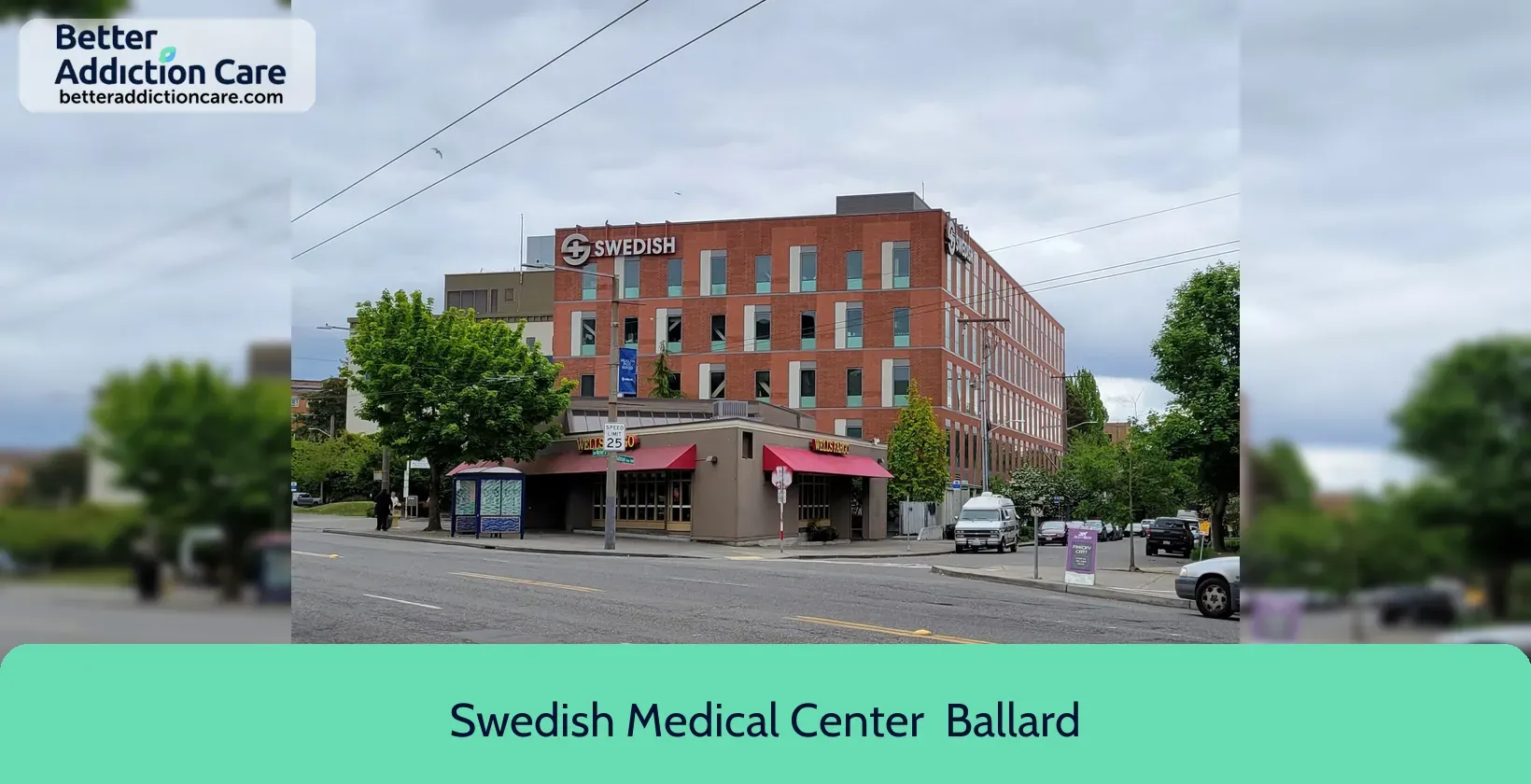
7.60
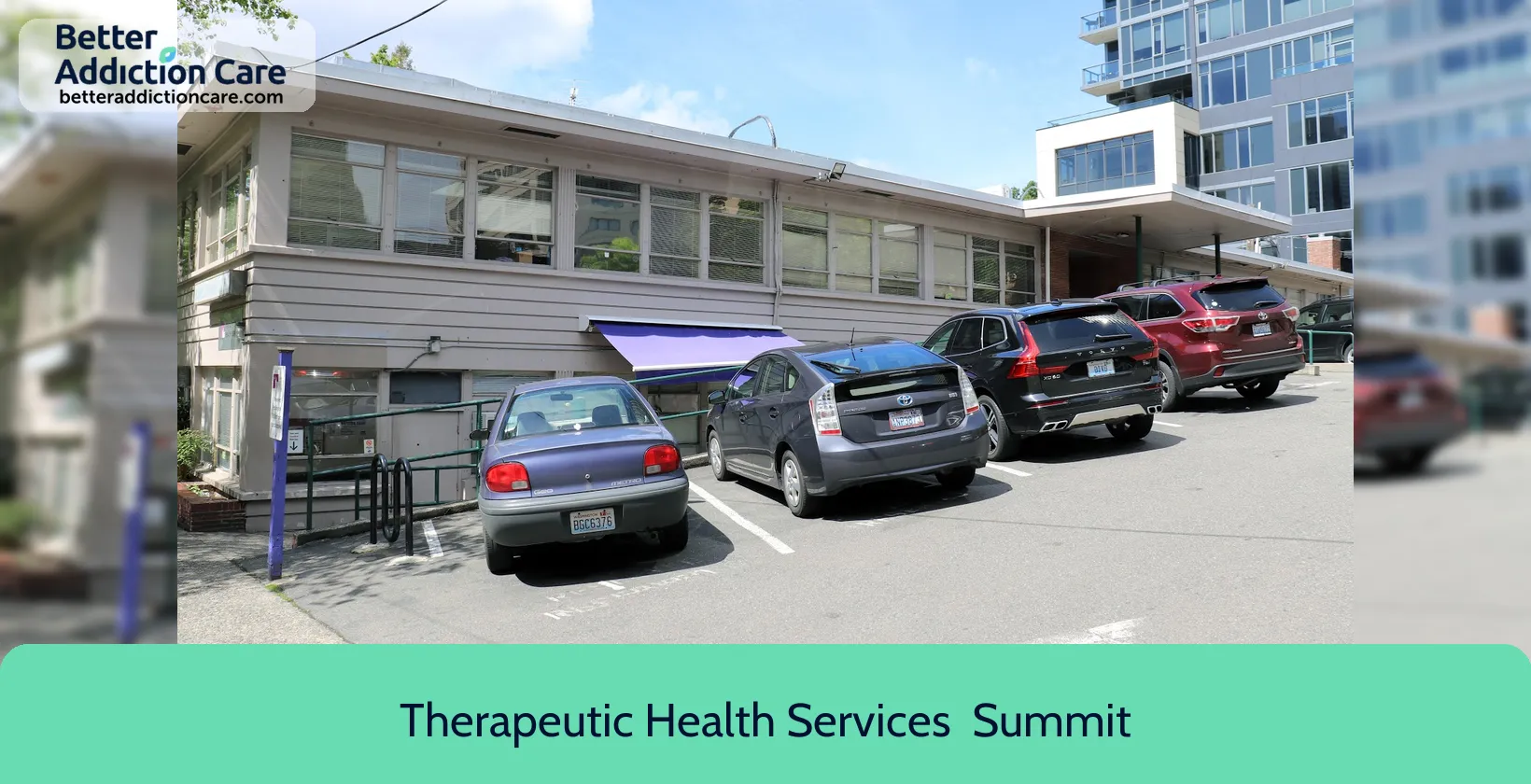
7.27
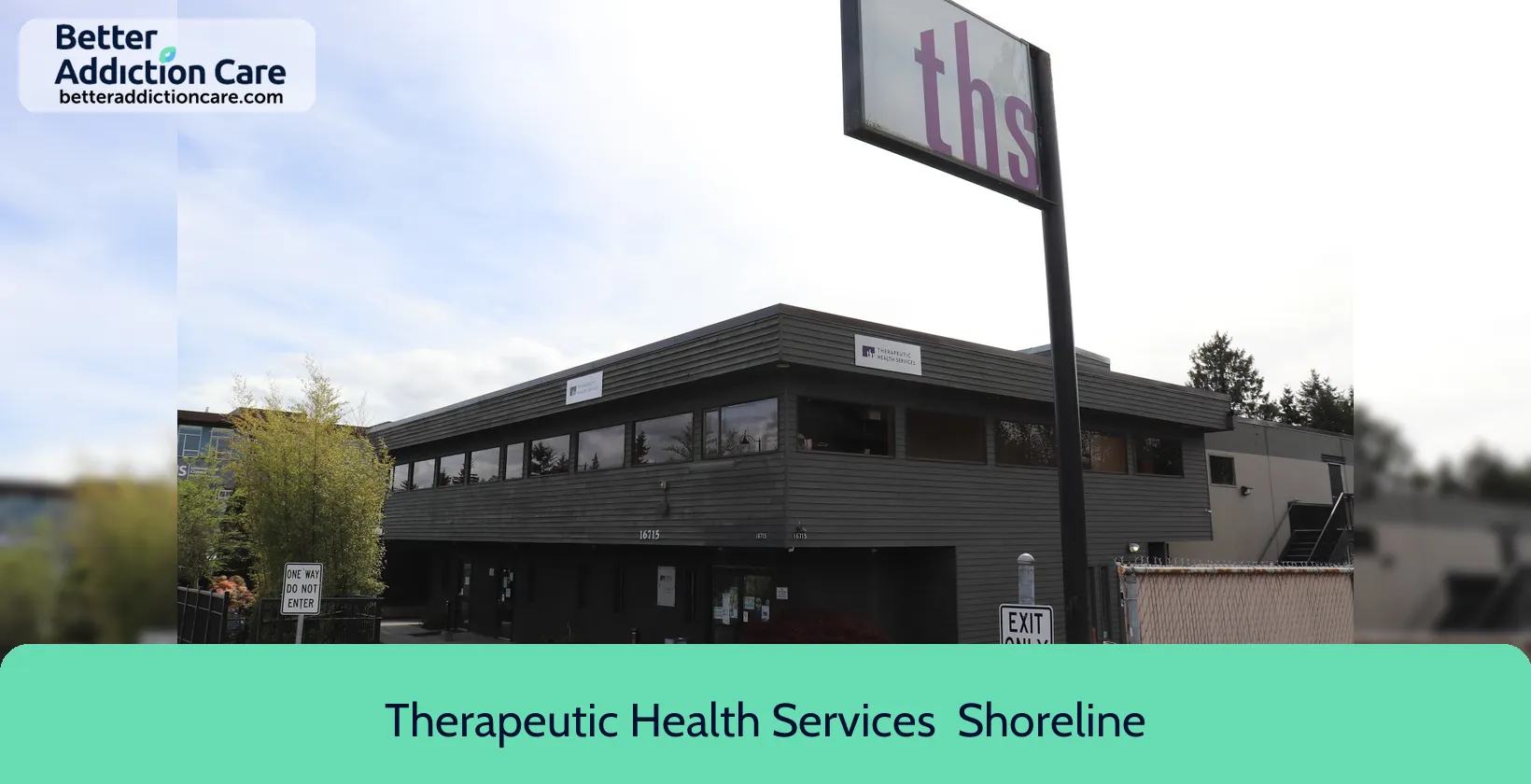
7.27
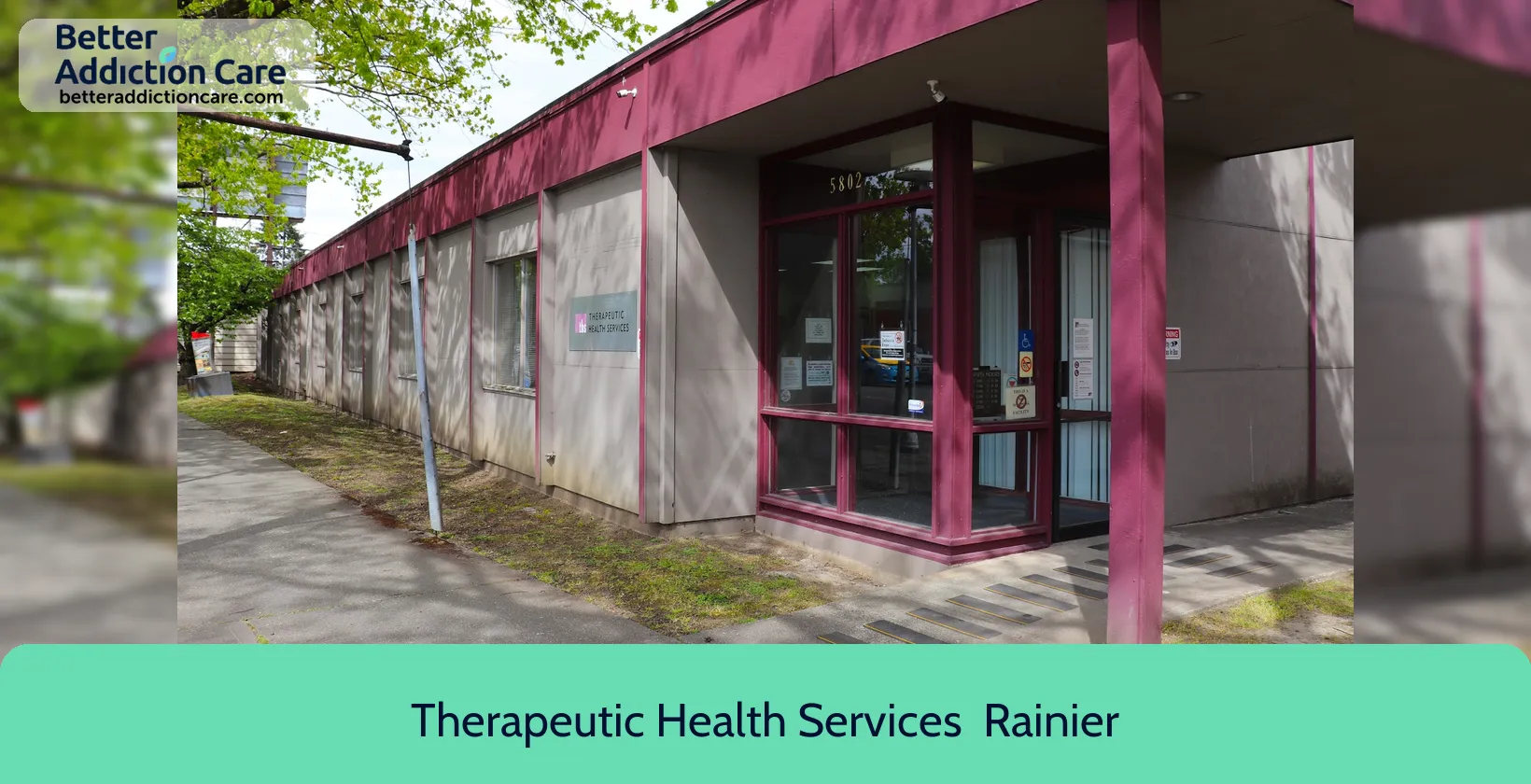
6.59
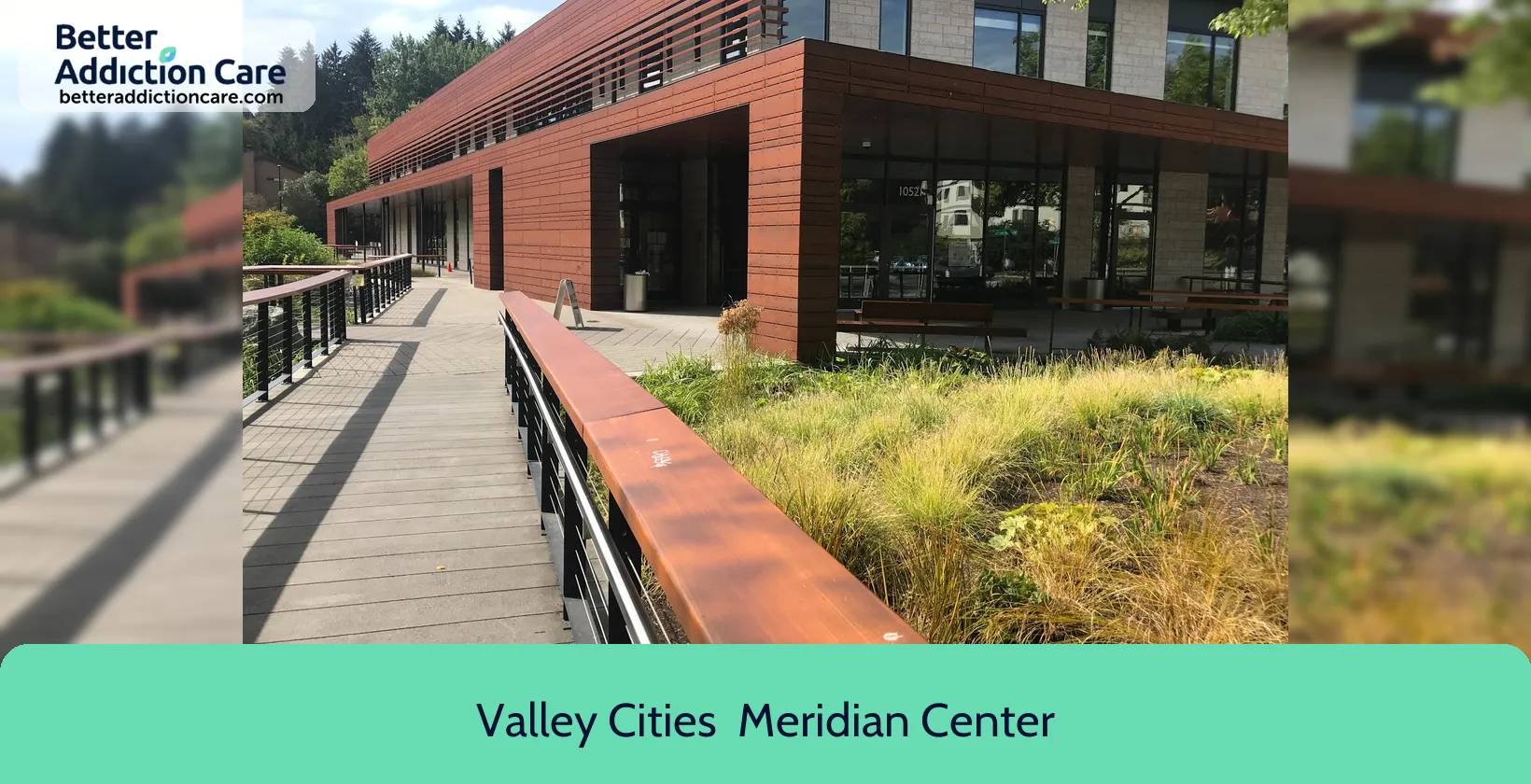
7.31
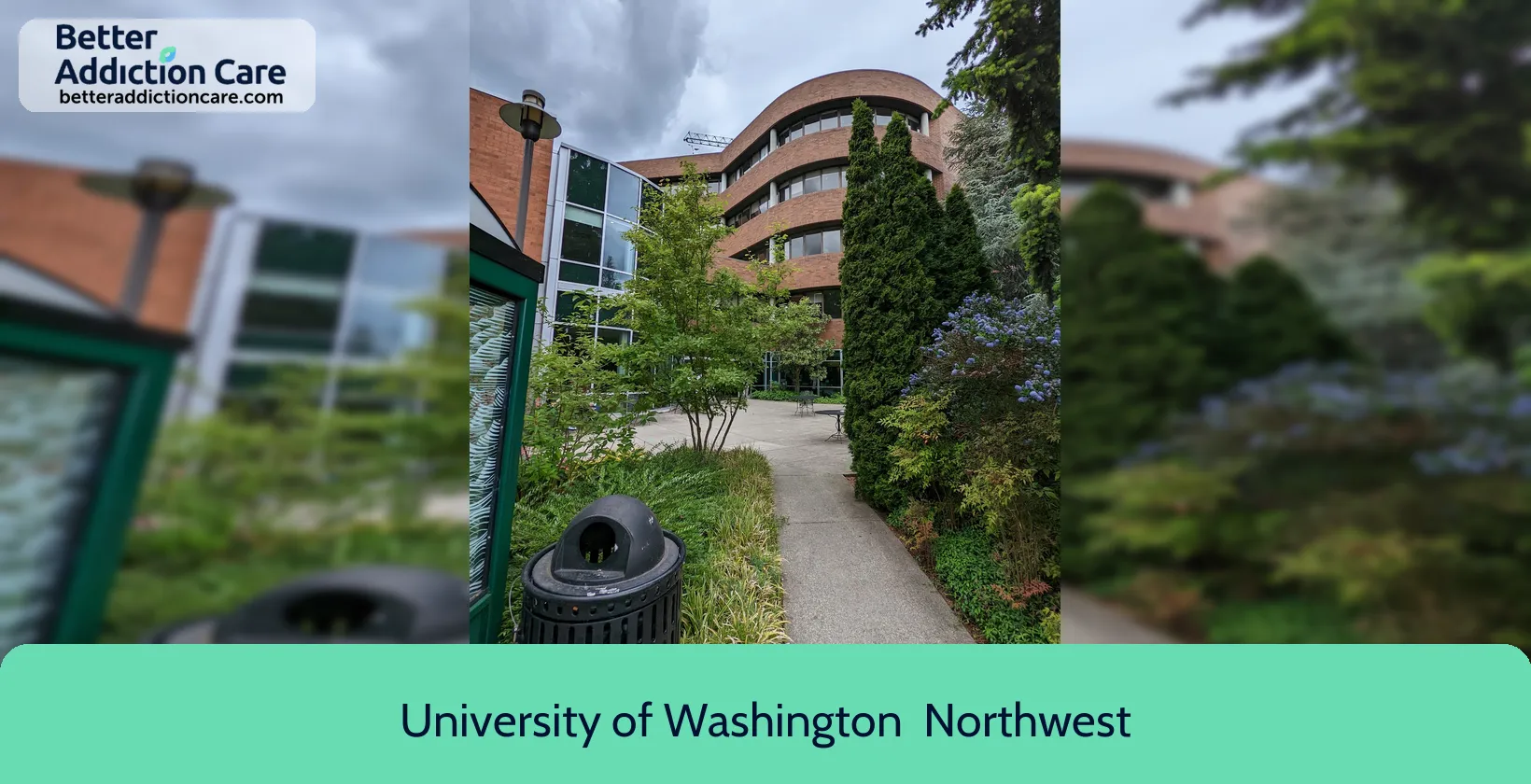
6.71
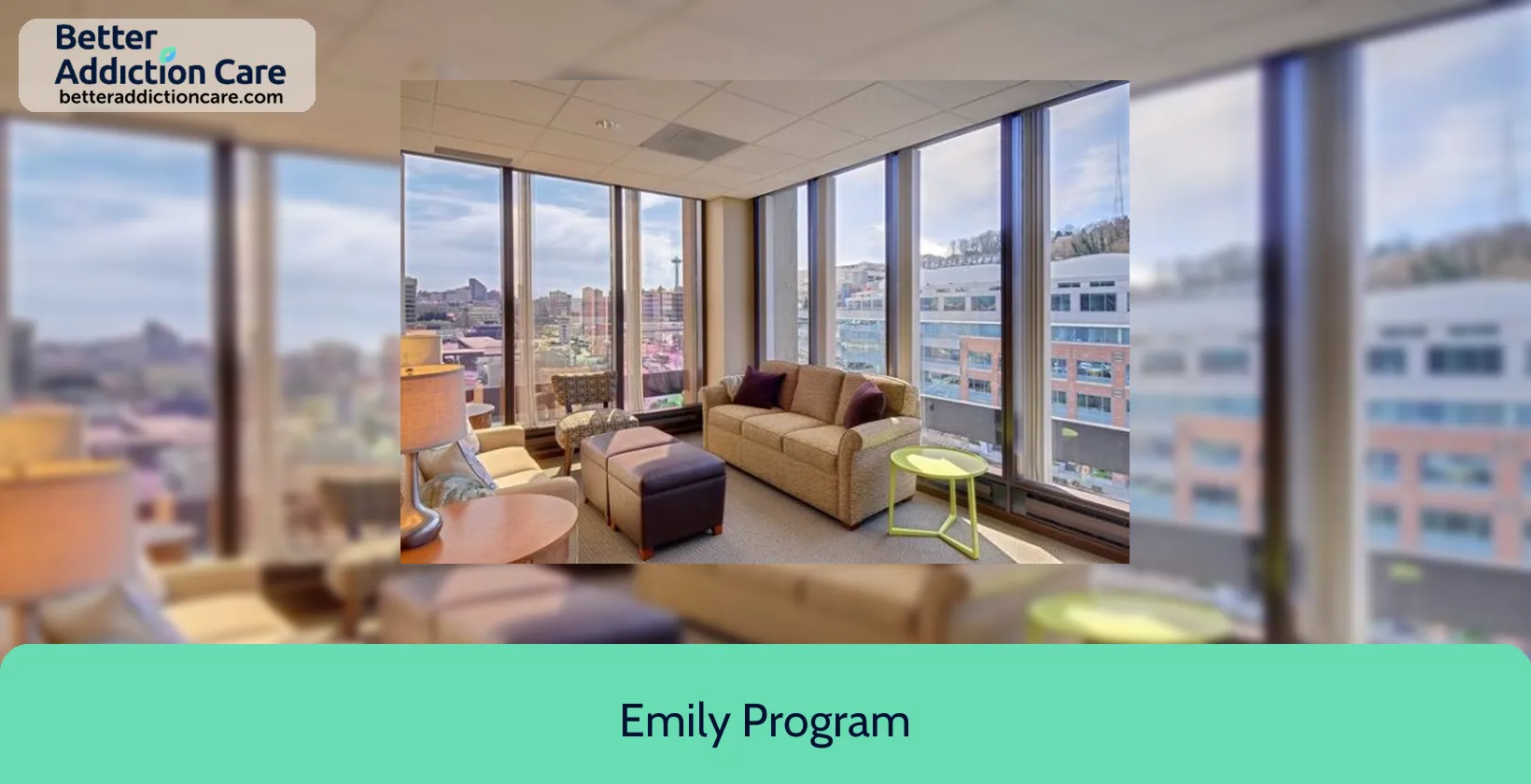
6.65
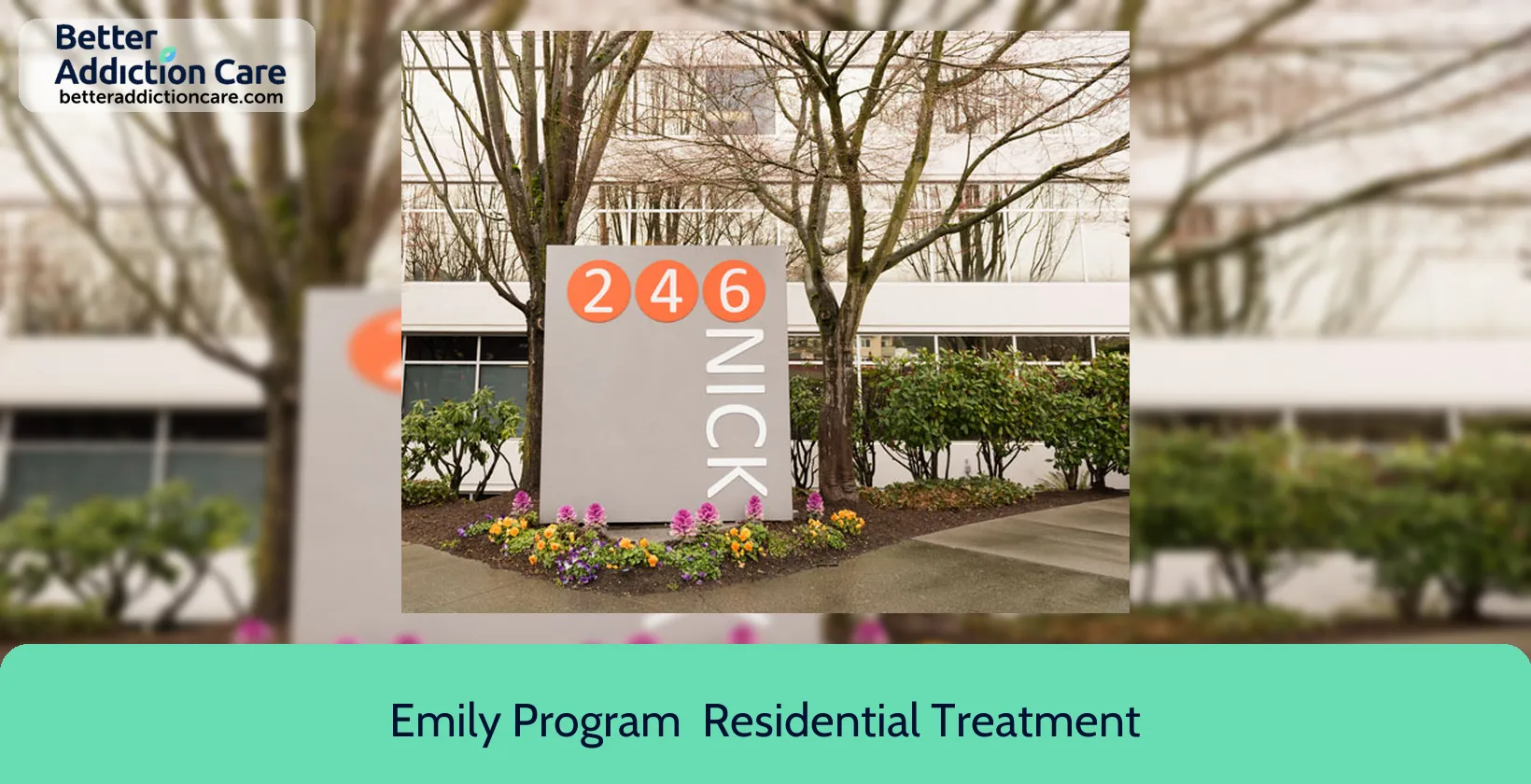
6.62
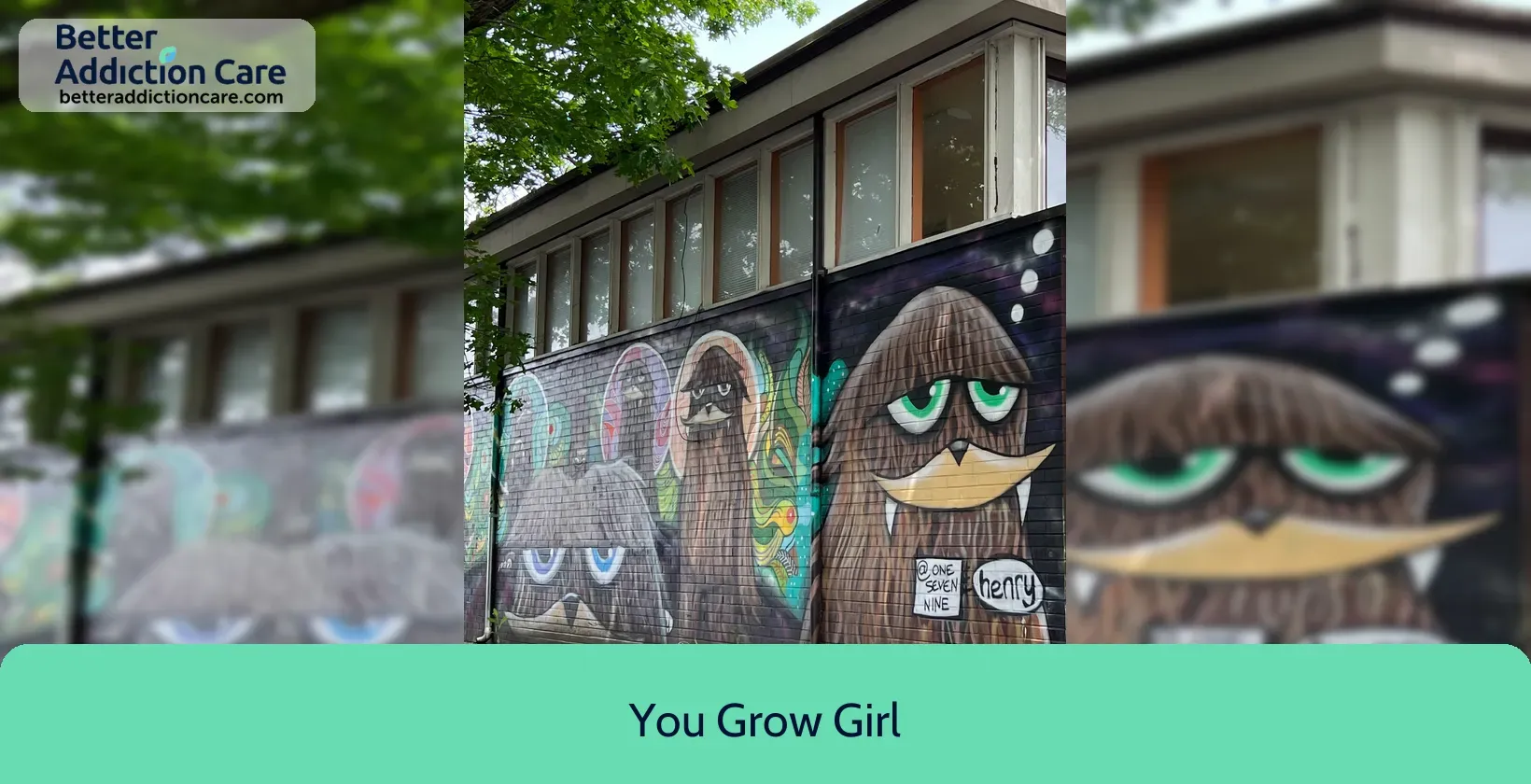
6.65
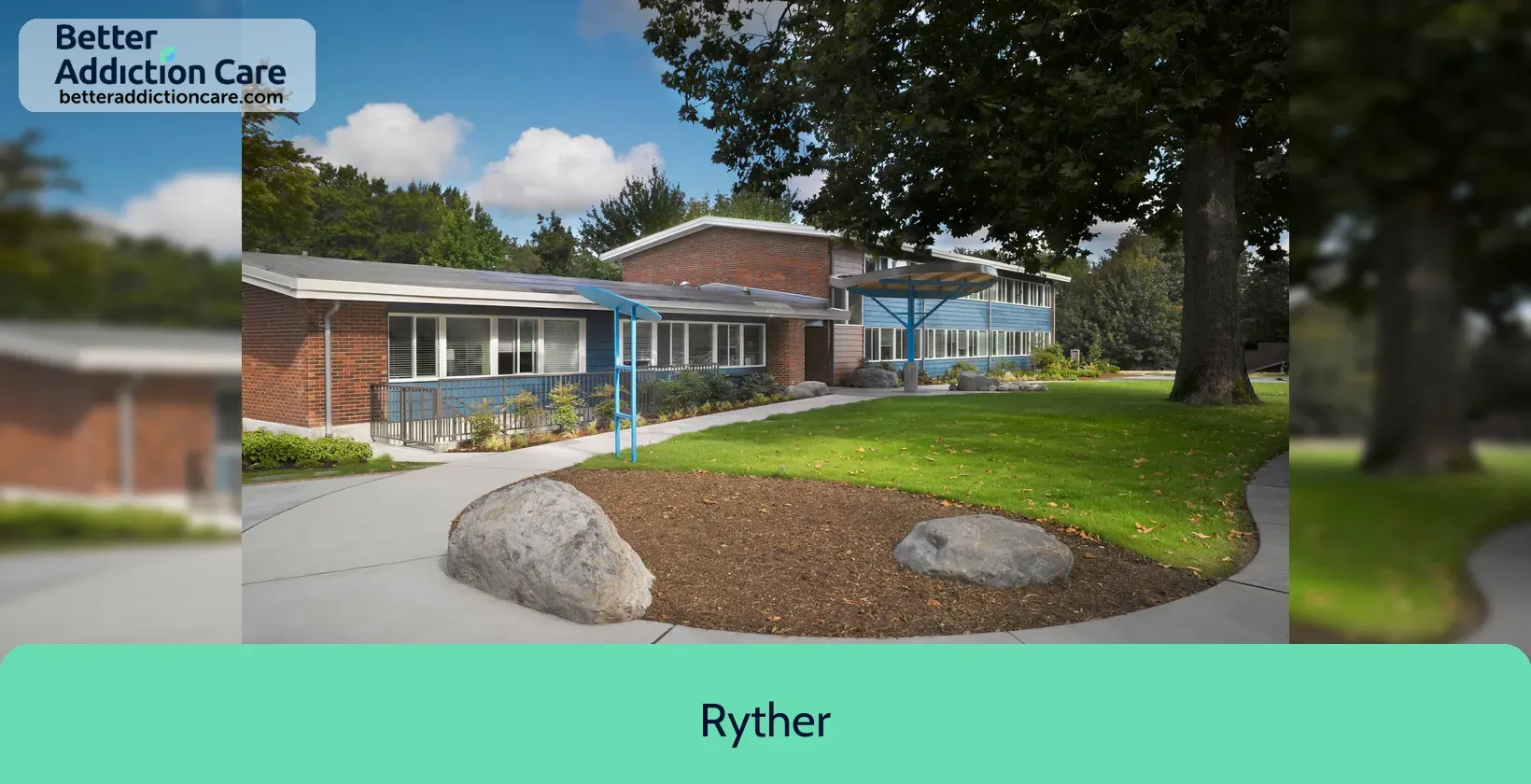
6.96
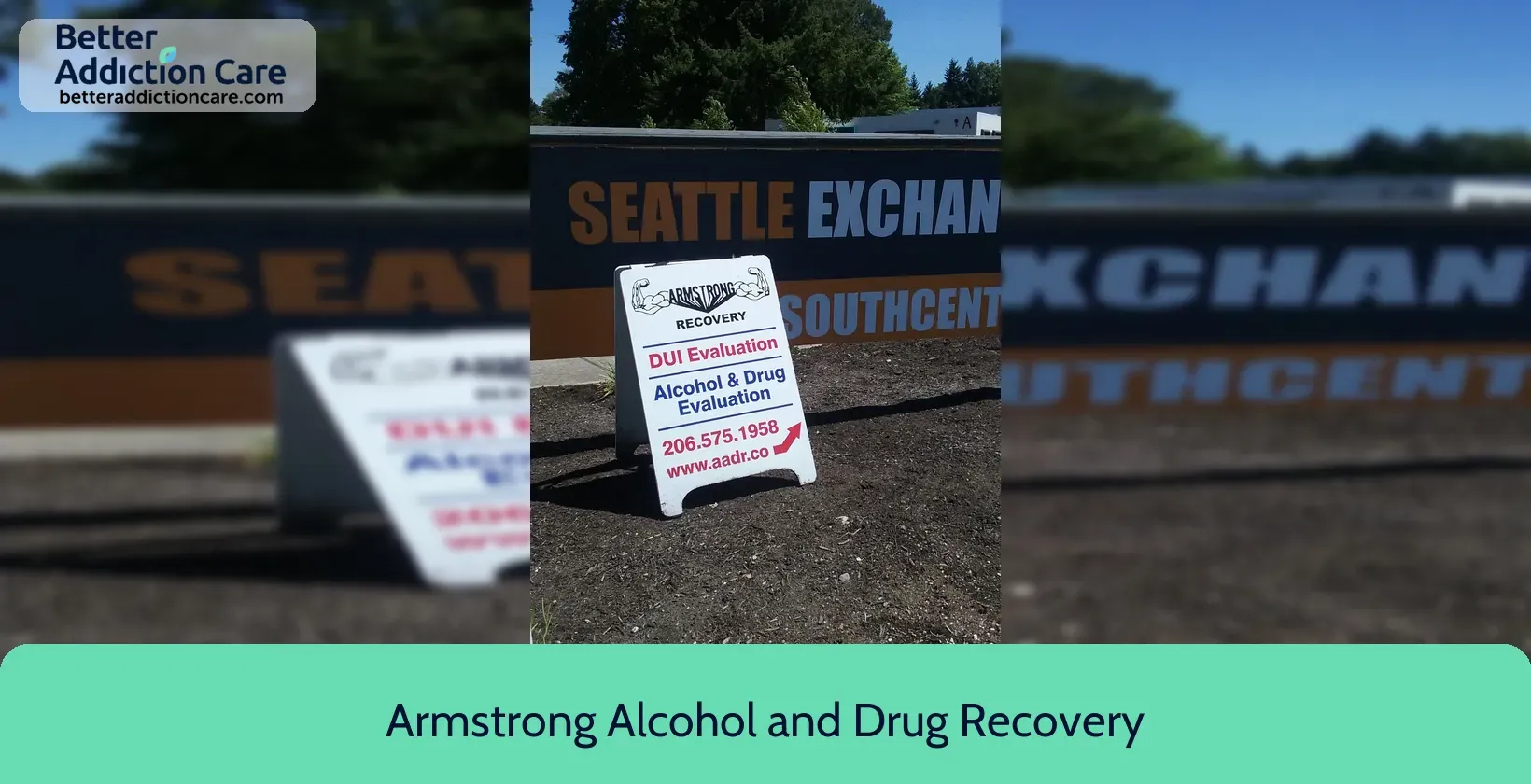
6.83
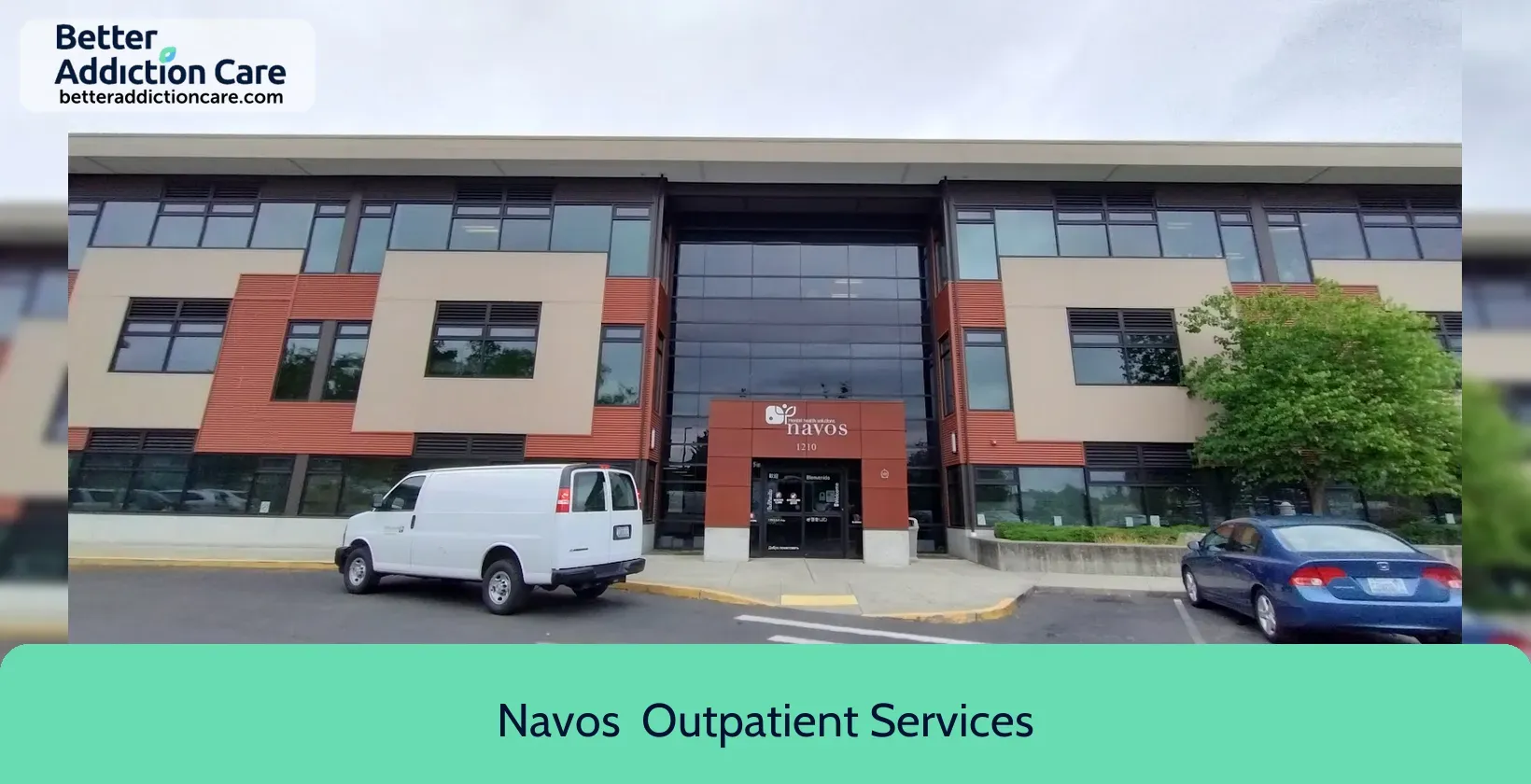
6.88

6.68
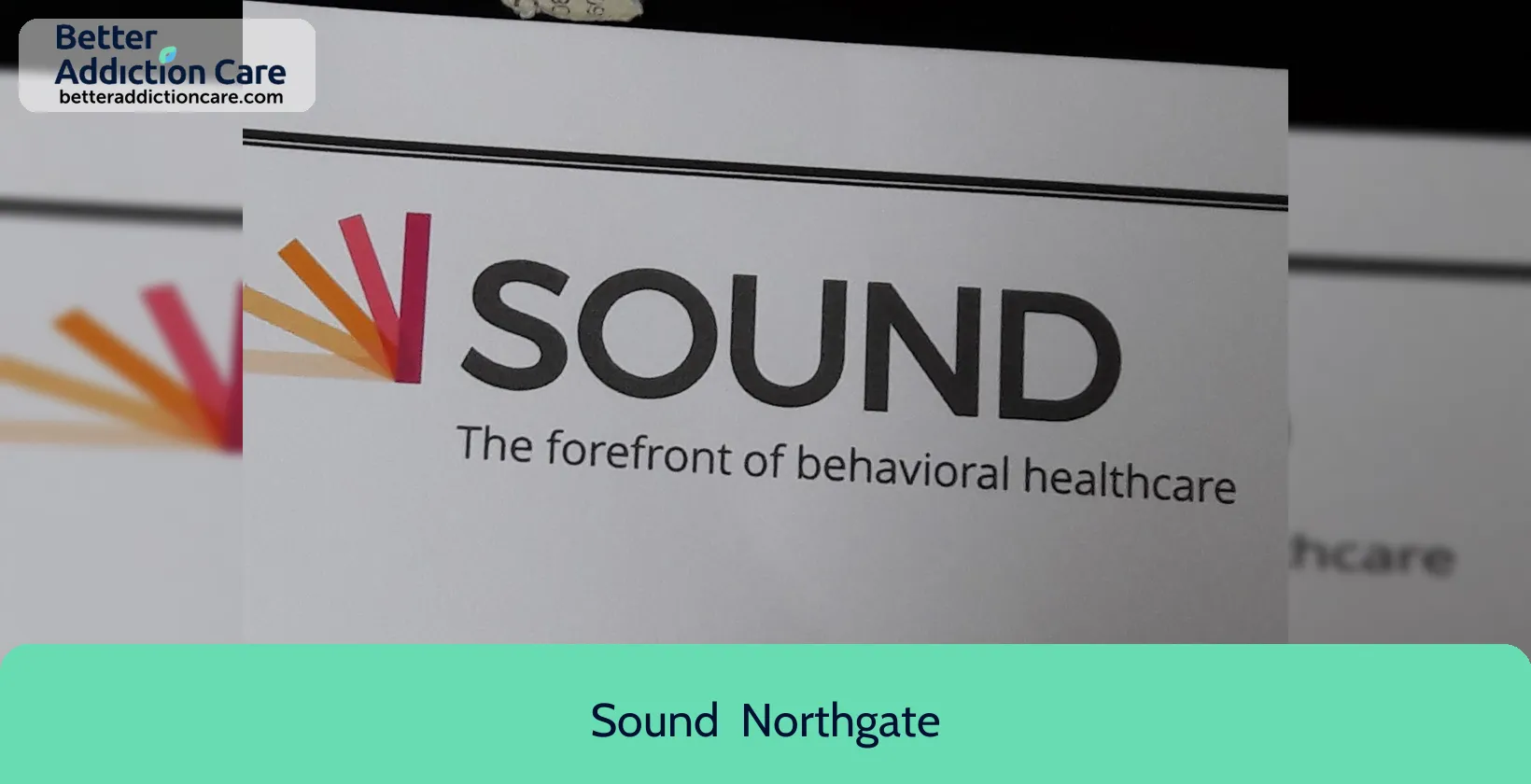
6.71
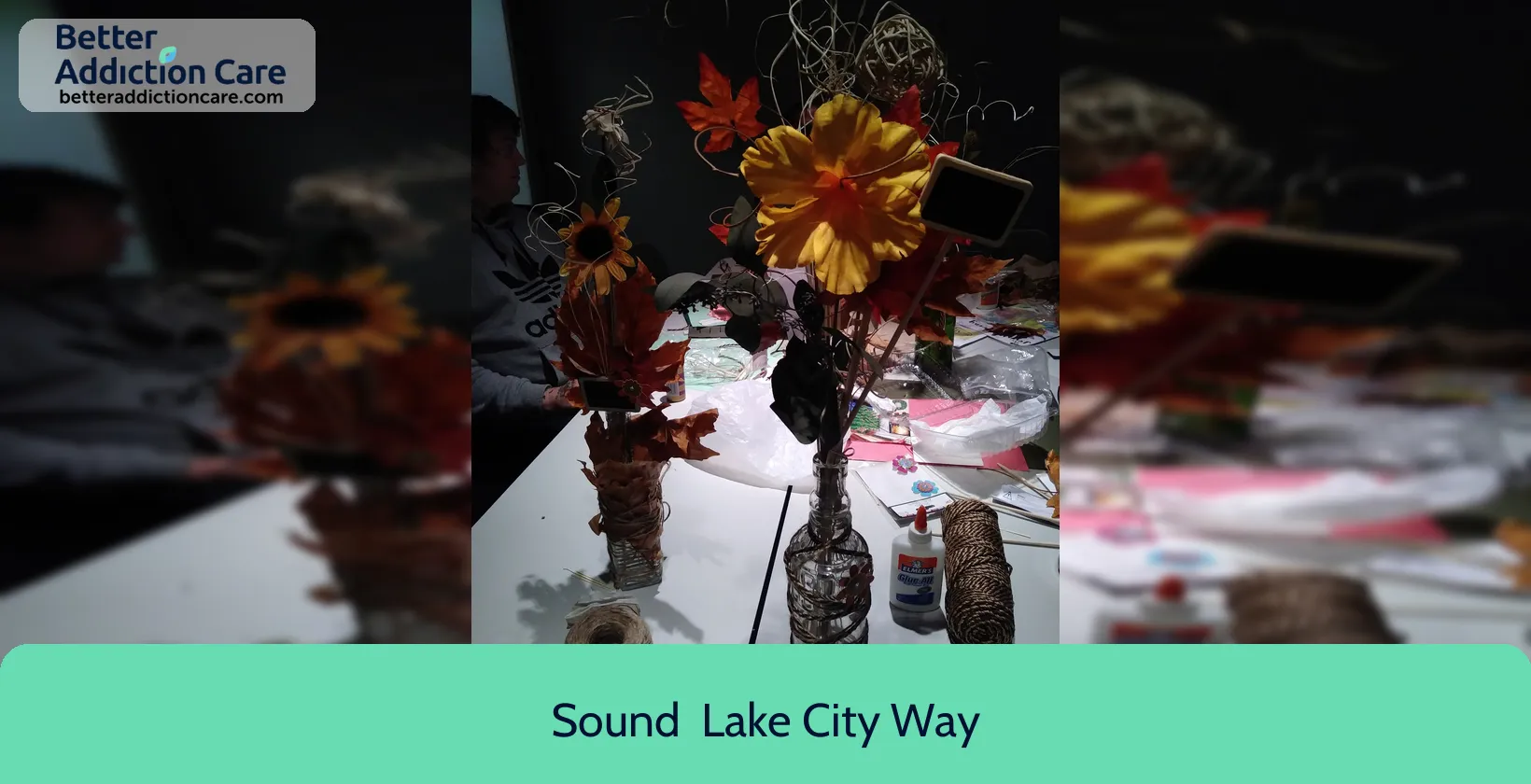
7.42

7.13

7.46

7.75

7.72

6.96

6.74

7.71

6.53

7.42

6.71

7.68

7.52

6.92

6.86

6.77

6.59

6.59

7.10

7.65

6.94

6.56

6.65

6.86

7.28

7.10

7.10

6.96
Substance Abuse Statistics for Seattle
In the Seattle-Tacoma-Bellevue MSA, an annual average of 528,000 persons aged 12 or older used an illicit drug. Fatal and non-fatal overdoses continue to increase in Seattle. According to the King County Medical Examiner’s Overdose Dashboard, there were 1,338 fatal overdoses in King County in 2023, which represents a 33 percent increase from 2022.
How Many Rehab Facilities Does Seattle Have?
Seattle has a wide network of rehabilitation facilities that provide different types of substance abuse treatment such as inpatient, outpatient, luxury rehab, etc. There are approximately 100 rehab centers in Seattle. These facilities are specifically designed to help you in your journey toward recovery and win the fight against substance addiction.
Substance Abuse Facilities
Substance abuse rehab facilities in Seattle work with different types of insurance. There are, approximately 92 rehab centers accept accept Medicaid, while other 63 facilities accept Medicare, and about 100 rehab centers accept private insurance companies.
How Much Do Rehab Facilities in Seattle Cost?
The cost of rehab facilities in Seattle can vary widely depending on the type of treatment, the duration of the program, and whether the patient has insurance coverage. While data regarding the cost of rehab in the city of Seattle is lacking, we can provide some estimations based on the prices of rehab in the state of Washington. the average cost of rehab in the state of Washington, which is approximately $56.539. Below you can find the estimated costs according to the insurance coverage and outpatient or inpatient services:
Inpatient rehab facilities:
-
$628.21 per day without insurance coverage
-
$251.28 per day with 60% insurance coverage
-
$125.94 per day with 80% insurance coverage
Outpatient rehab facilities:
-
$56.80 per day without insurance coverage
-
$22.72 per day with 60% insurance coverage
-
$11.36 per day with 80% insurance coverage
Top Rehab Centers in Seattle
Some of the best rehab facilities in the state of Washington are located in Seattle. Leading rehab centers in Seattle are known for their outstanding care, experienced staff, and supportive environments. Some of the best rehab centers in Seattle are:
Types of Rehab Facilities in Seattle
There are different types of rehab facilities available in Seattle such as inpatient, outpatient luxury, and free rehab centers. They often try to adapt to meet the specific needs of individuals seeking treatment for substance abuse. Some examples of the types of rehab centers available in Seattle are:
-
Specialized rehab center
-
Detox centers
-
Dual Diagnosis Treatment Centers:
-
Young adult rehab centers
-
Gender-specific rehab centers
-
Holistic Rehab centers
-
Faith-based rehab centers
Services Offered by Rehab Centers in Seattle
Rehabilitation facilities in Seattle prioritize what each person needs and the support they need during recovery. To achieve this objective, they provide different services that contribute to delivering integrated care to their patients.
|
Medical |
|
Individual therapy |
Choosing the Right Rehab Center in Seattle
Selecting the right rehab center is a critical step in your recovery journey. To ensure you or your loved one receives the best possible care, consider the following factors when choosing a rehab center in Seattle:
Explore the Best Seattle Rehabs
Choosing the right rehab center in Seattle involves careful consideration of multiple factors, including location, cost, accreditation, success rates, specialized programs, treatment approaches, staff credentials, and facility amenities. It is worth taking the time to explore and analyze all the options available to achieve a full recovery.
Local Rehabs in Washington
Common Questions About Rehab in Seattle
Take a look at our FAQ. We've tried to fill it with all the answers you're looking for. And if not, contact us on (888) 349-0436.
Determining if addiction treatment is right for you involves self-assessment and consideration of several factors. Start by acknowledging whether you have a substance use disorder and evaluate how it impacts your health, relationships, and responsibilities. Reflect on any failed attempts to quit and whether you experience tolerance or withdrawal symptoms. Recognize if you have difficulty controlling your use and if addiction has become a priority over important activities. Seek professional advice for an assessment. If addiction significantly affects your life and you can't stop on your own, seeking treatment may be the right choice.
Policies on bringing electronics to rehab centers vary. Some centers restrict or prohibit the use of cell phones, tablets, and other devices, especially during the initial intake phase, to minimize distractions and focus on recovery. Limited use may be allowed in some facilities for essential tasks or contacting family. Restrictions are often in place for security, privacy, and therapeutic reasons. It's important to check with the specific rehab center about their electronics policy before admission.
- Accreditation and licensing of the facility
- Availability of medical detox and evidence-based therapies
- Specialized programs based on patient needs (e.g., dual diagnosis, gender-specific care)
- Insurance acceptance and out-of-pocket costs
- Facility location, amenities, and reviews
The cost of Dual Diagnosis rehab centers in Seattle, Washington is typically around $20,000.
Inpatient Programs:
- 30-day treatment: $20,000 (range: $10,000 – $30,000)
- 60–90 day treatment: $36,000 (range: $12,000 – $60,000)
Outpatient Programs: Average cost is $5,700 (range: $1,400 – $10,000).
Luxury Centers: Can cost up to $80,000 per month due to enhanced amenities and personalized services.
Pricing depends on treatment type, facility features, and duration of the program.
Dual Diagnosis rehab centers treat both substance abuse and co-occurring mental health disorders, which increases cost due to specialized care:
- Alcohol addiction: Costs increase by 30%, raising a 30-day program to $26,000
- Opioid addiction: Medication-assisted treatment (MAT) raises 60–90 day costs by 45%, totaling $52,200
The cost of Faith-Based rehab centers in Seattle, Washington is approximately $50,000, representing 72.5% of the standard cost.
The average cost of a 30-day inpatient Faith-Based rehab program in Seattle, Washington ranges between $45,000 and $55,000, which is slightly lower than the general inpatient average of $56,640.
This reflects a cost reduction of $1,640 to $11,640, or 3–20% less than standard inpatient programs.
Outpatient Faith-Based programs typically cost $1,400 to $10,000 for a 3-month duration.
The cost of LGBTQ+ rehab centers in Seattle, Washington ranges from $20,000 to $30,000. On average, inpatient treatment ranges from $15,000 to $30,000 per month, while outpatient programs generally cost between $5,000 and $10,000 monthly.
Costs increase by up to 50% for specialized LGBTQ+ care due to tailored services and inclusive environments. For example, if a standard program costs $20,000, a specialized LGBTQ+ program may reach $30,000—a 50% increase.
Costs in areas like Washington may vary based on the type of substance and level of care. Treatment for opioid use can increase costs by 20–30%, adding $4,000–$6,000 to a $20,000 program. In contrast, treatment for alcohol addiction typically raises costs by 10–15%.


